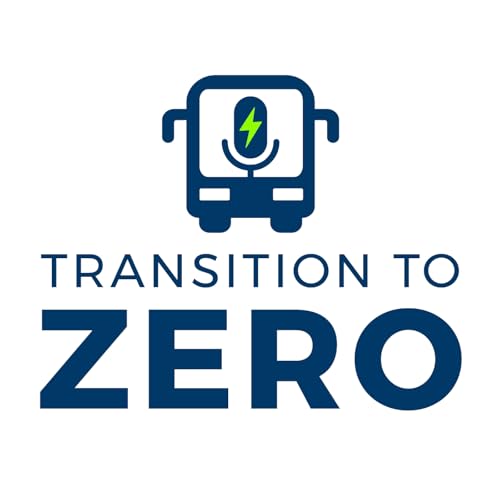In this episode of "Transition to Zero," host Jared Schnader sits down with Dr. John Warner, Chief Customer Officer at American Battery Solutions. They explore the evolution of battery technology, the challenges and opportunities in the transit industry, and the future of sustainable transportation. Dr. Warner shares insights from his extensive career in the automotive and battery industries, discussing the importance of innovation and collaboration in driving the industry forward. Tune in to discover how American Battery Solutions is leading the charge in creating a cleaner, more efficient future.
Show Notes:
Title: Transition to Zero: The Future of Battery Technology with Dr. John Warner
Introduction:
Host Jared Schnader introduces the episode and guest, Dr. John Warner. Overview of Dr. Warner's background in the automotive and battery industries.
Key Discussion Points:
Dr. Warner's Career Journey:
Transition from automotive to battery industry. Founding of American Battery Solutions.
Battery Technology Evolution:
Historical perspective on lithium-ion batteries. Current advancements and future potential.
Challenges in the Transit Industry:
Importance of safety, performance, and cost in battery design. The role of electric buses in reducing emissions and operational costs.
Future Innovations:
Exploration of solid-state and lithium-sulfur technologies. The impact of new chemistries on energy density and safety.
Education and Workforce Development:
The need for training the next generation of battery industry professionals.
Conclusion:
Dr. Warner's vision for the future of battery technology. Closing remarks and invitation for audience questions.
Hashtags: #BatteryTechnology #SustainableTransport #Innovation #ElectricVehicles
Call to Action:
Subscribe to "Transition to Zero" for more insights into the future of transportation.
 38 分
38 分 1 時間 13 分
1 時間 13 分 31 分
31 分 2025/07/2926 分
2025/07/2926 分 2025/07/1536 分
2025/07/1536 分 2025/07/0132 分
2025/07/0132 分 31 分
31 分 2025/06/0332 分
2025/06/0332 分

